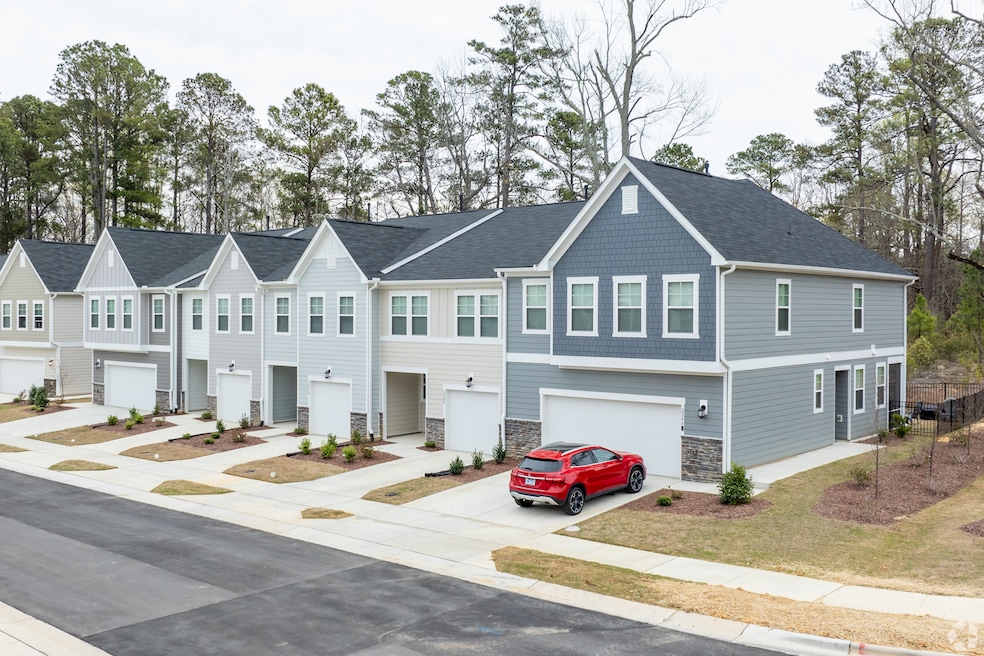A North Carolina county that has seen home values, and therefore taxes, rise rapidly wants to assess what property is worth more often to try to distribute the burden more fairly on owners.
With about 1.2 million people in 2023, Wake County, which includes Raleigh, the state capital, is the largest in the state. It’s also the third-fastest growing county in the U.S. with more than 1 million residents, and that growth has brought a lot of new housing development. But prior to the most recent property assessment in 2024, Wake hadn’t analyzed home values in four years, even as market prices zoomed upward. Last year’s revaluation led to a 53% jump in overall property values in the county, with the median home value rising about 5%.
Across the U.S., escalating property values have led to something of a revolt, with state legislators scrambling to respond to outrage among residents over their tax bills. Some states have considered giving people larger tax exemptions on portions of their property value, while others have talked about scrapping such taxes altogether.
Many Wake County homeowners, especially those who were new to the area, were shocked when their values shot up last year, Marcus Kinrade, Wake’s tax administrator, told the county board of commissioners at their March 17 meeting. To try to reduce this sticker shock, the commission voted to move to assessing property every three years starting in 2027, and every two in 2029.
More frequent assessments will have another important benefit, which is to create more fairness in the system, Kinrade said. New homes and commercial property will be assessed sooner; that matters because new construction tends to have more value.
“It will take stress off longtime homeowners because although existing home values are rising, they don’t typically rise as fast as new construction,” he said.
Wake and Mecklenburg County, which includes Charlotte and also only assesses values every four years, are outliers among the 10 fastest-growing large U.S. counties, Kinrade said. He noted that seven of the eight other counties in that group revalue property every year, including four Texas localities, two in Florida and one in Arizona.
A 2023 study written with help from the School of Government at the University of North Carolina found that many counties in the state had only assessed property values every eight years. While they save money on administrative costs, the study said, it’s unfair to residents with stagnant home values because more of the tax burden falls on them rather than properties that are appreciating rapidly.
“It should not be a surprise that this heavier burden most often falls on lower-income and minority communities,” according to the study, authored by Hudson Vaughan, a former director of the nonprofit Marian Cheek Jackson Center in Chapel Hill, North Carolina.
Wake County has some other levers it can pull to mitigate the impact of rising property values on homeowners, such as lowering tax rates. But the biggest impact would be to address the insufficient housing supply for the average of 66 people moving to the county every day, Susan Evans, the board of commissioners chairperson, said at the meeting.
“We aren’t turning out houses at that same rate,” she said. “So long as we have a supply and demand issue, that’s going to continue to put upward pressure on our housing prices.”


